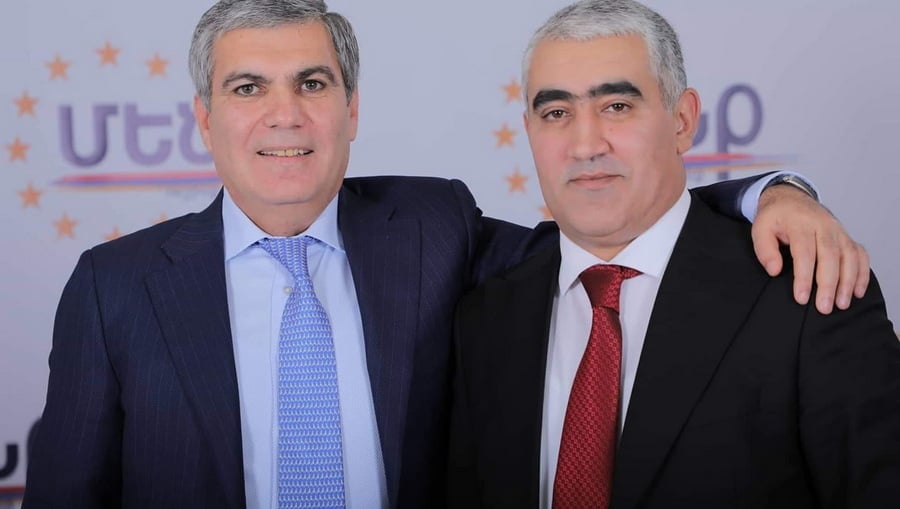Years ago, when I was trying to understand why the government needs oligarchic gangs, I posed the question to someone with firsthand experience.
“You won’t understand,” he replied, “because you’re too far removed from that world. It’s not just about economic leverage. It’s about controlling the street.”
“Controlling the street” means having influence over the so-called “good guys” in a given neighborhood — in simpler terms, the local gang. That influence can be used for political purposes, particularly during elections, and also in everyday economic activity, ensuring that no small or medium-sized vendor can “open shop” without the gang’s permission.
What kind of structure, and which officials, are best suited to implement this style of governance — one so distant from European standards — in Yerevan and other large cities? It’s clear that in the past, it was the district administration and its head, and now it’s the administrative district leadership. The high concentration of “Kuchi gang” members in these structures helps resolve many operational issues.
It doesn’t really matter whether the district head is appointed or elected. Nor does it matter whether he belongs to the Civil Contract (CP) party or to a “Europarty” (Hanrapetutyun) allied with CP. Tomorrow the government might change, and the same district head and his team will operate, say, under the Doc party’s banner. What matters is how the “brotherhood” gets things done.
Read also
Of course, it’s not only the government and criminal elements of the “Streets” who are to blame. Pro-government NGOs and CP-aligned party members are also complicit. While they formally denounce violence, they in fact protect their “Euro-integrated” brothers — poor, unfortunate souls who are forced to defend statehood with their fists.
Aram ABRAHAMYAN





















































